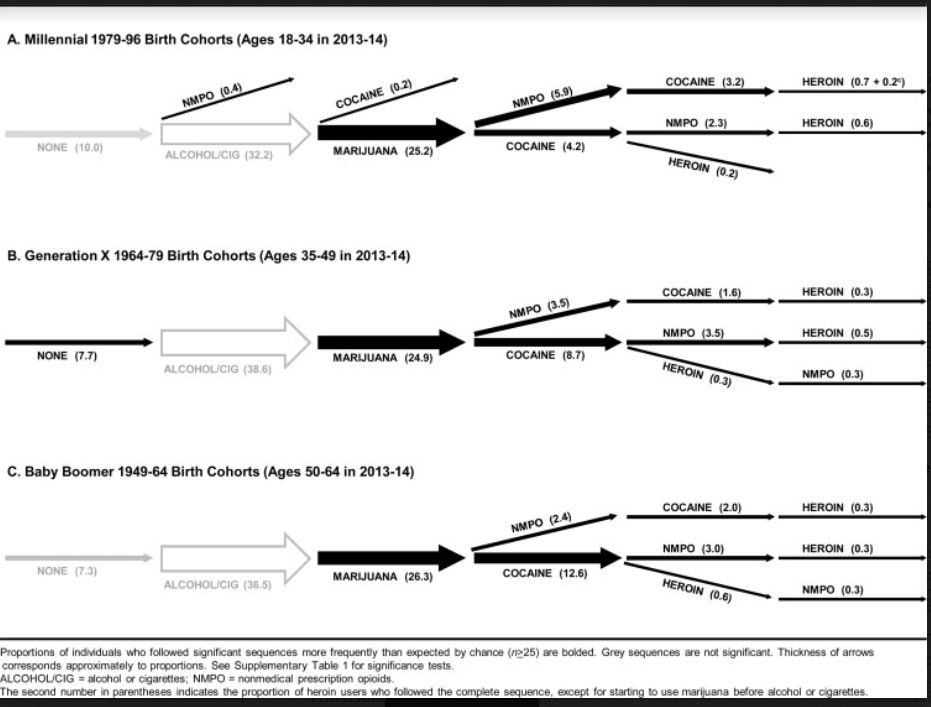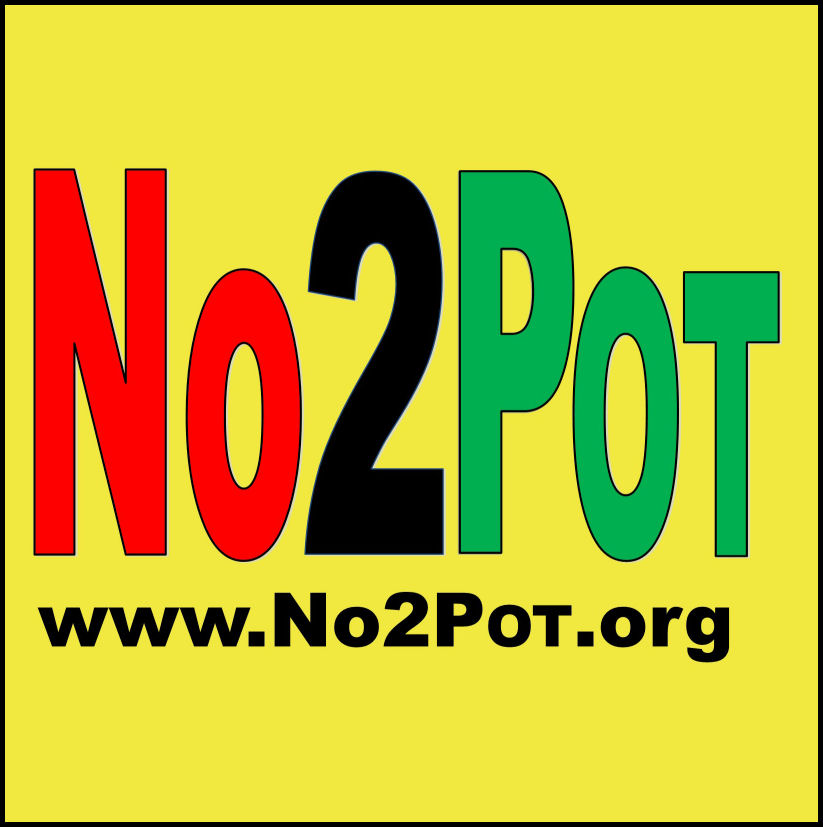Questions
Below are questions compiled from internet sources: Link to Personal Note
Interview facilities to better understand their philosophy and policies.
1. What type of accreditation or licensing does the program have?
National accreditation programs (such as the Joint Commission on Accreditation of Health Organizations, the Rehabilitation Accreditation Commission, the National Committee for Quality Assurance, and the All-States) look for elements of treatment that research has shown to be effective. Accreditors also require a well-documented patient complaint process. Remember that "state licensing" is not the same as accreditation, since states vary widely in their licensing requirements. Failure to obtain accreditation may mean nothing – but it could indicate fringe status or, in the worst case, a quasi-cult or an abusive form of "care."
2. Have there been studies to measure the effectiveness of the program's treatment methods?
Treatment effectiveness is a new field of study, so it is too early to expect all providers to have full research-based evaluations of their methods. Still, it is not too early for them to be planning these studies. The most objective evaluations usually come from external agencies rather than "in-house" evaluators.
3. What medications does the program support or prescribe to treat an addicted patient's other possible medical problems? Is its staff knowledgeable about and willing to consider the use of medication that may help treat addiction?
Many of addicted patients' medical symptoms may be complications of addiction, and clear up after a period of sobriety, but this is not always the case. Clinical depression, anxiety, or conditions can undermine chances for recovery. The best treatment programs evaluate patients for such problems shortly after admission and offer appropriate medical care, including medication if indicated. Also, medications such as methadone, naltrexone, and disulfiram (Antabuse), can be effective in helping some addicts. Treatment centers should discuss them with patients.
4. What sort of "aftercare" does the program offer?
Short-term treatment by itself is not enough to sustain recovery in most patients. Aftercare is crucial, preferably at least a year of weekly or biweekly outpatient counseling, plus participation in Twelve-Step programs (such as Alcoholics Anonymous) or other addiction self-help groups (such as Rational Recovery or Women for Sobriety). A good treatment program will actively help the patient integrate into a self-help group, although patients sometimes have to "shop around" to find the one in which they feel most comfortable.
5. What does the program do about relapse?
Unfortunately, relapse is a common occurrence in substance abuse treatment – just as it is in treatment for other chronic illnesses. A good program includes relapse prevention classes that teach patients to recognize and avoid or deal with situations and emotional states that could trigger relapse. It should also have a plan for the patient's reentering treatment and/or support groups to prevent a one-time lapse from becoming a full-blown return to active addiction. Relapse – though demoralizing – can be an important learning experience; but the individual may need further help.
6. Does the program accept your insurance? If not, will they work with you on a payment plan or find other means of support for you?
7. Is the facility clean, organized and well-run?
8. Does the program encompass the full range of needs of the individual (medical: including infectious diseases; psychological: including co-occurring mental illness; social; vocational; legal; etc.)?
9. Does the treatment program also address sexual orientation and physical disabilities as well as provide age, gender, and culturally appropriate treatment services?
10. Is there ongoing assessment of an individual's treatment plan to ensure it meets changing needs?
11. Does the program employ strategies to engage and keep individuals in longer-term treatment, increasing the likelihood of success?
12. Does the program offer counseling (individual or group) and other behavioral therapies to enhance the individual's ability to function in the family/community?
13. Are services or referrals offered to family members to ensure they understand addiction and the recovery process to help them support the recovering individual?
Other questions to consider:
What is the assessment procedure for dual diagnosis?
What if a person in the program wants to leave?
What kind of mental health professionals do they have? psychiatrists? other physicians?
-If a patient gets sick, who assesses the patient? other mental health professionals?
Number of patients a therapist, psychologist or counselor has?
How often do the professional involved see a patient?
Is there a program manager?
Typically- psychiatrist administer medication and discuss with a patient if the medication is working and how the patient is adjusting to the medication vs. a psychologist using his/her skills and knowledge of addiction helps the client learn to make good, healthy rational choices and decision to help the client remain drug-free and lead a productive and fully functional life.
MY OWN THOUGHTS: (just in case you missed this on the recovery page)The first question on your mind may be “What is a facilities rate of success?” Facilities often seem vague when attempting to answer this question or may state something outrageous such as 99%. The reality is that many people struggle with addiction for the rest of his/her lives but they still lead productive lives... most of the time. Recovery questions may include: How many clients are clean six months after leaving the facility, one year, two years, five years?, How many clients are returning clients?, What is the follow-up program after a client completes residential treatment or out-patient treatment?...If a person is in residential treatment for a year then relapses a few weeks after “completing” the program and leaving the facility. Was this a successful program?




